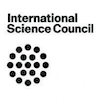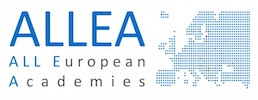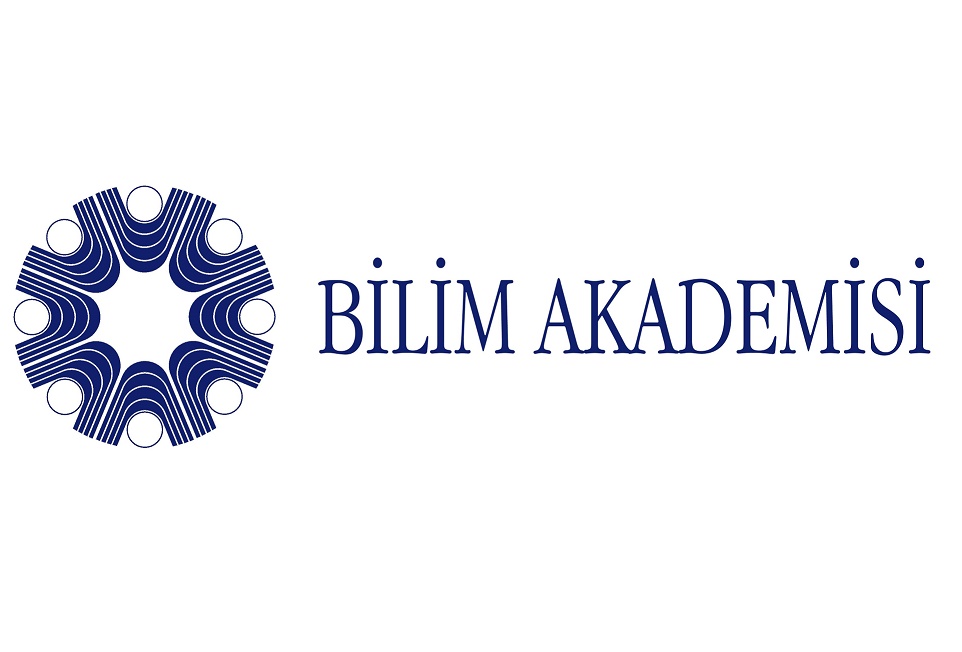The Science Academy’s Declaration on the Freedom of Expression
15.01.2016
The Science Academy observes with immense concern and worry the developments that have followed the declaration of the text entitled “We will not be a party to this crime”, signed by over one thousand academics. Undoubtedly, political violence and terror constitute a fierce attack on all humanitarian values including human honor and right to life, as well as all the basic rights and freedoms. Violence, hatred and hostility should never be legitimized, defended, praised or encouraged in a democratic society. Both the Turkish constitution and the treaties on human rights signed by Turkey uphold this principle. However, another crucial value of every democratic society is the freedom of expression, which may go beyond a simple or impartial disclosure of information to express a critical stance, so as to freely contribute to the formation of public opinion. It is essential for every thought with a critical dimension to enjoy the freedom of expression -as long as it does not praise or encourage violence, hatred and hostility in breach of basic humanitarian values. As indicated in the following judicial opinion dated 16 April 2015 issued by the Turkish Constitutional Court in response to an individual’s application,
“In general, in applications concerning the freedom of expression, an assessment has to be made as to whether the expressions in question praise violence, incite individuals to employ methods of terror or in other terms, encourage and provoke hatred, revenge or armed resistance. (…) Opinions which may be unpleasant for public authorities or a sector of the society cannot be limited as long as they do not incite violence, legitimize acts of terror and foment feelings of hatred.” (Application Behdar Ro Amed, No. 2013/7363, 16.2.2015)
The European Court of Human Rights has issued a similar resolution on the issue:
“In this context, ECHR reminds that the limits of acceptable criticism are much wider for a Government than for a politician or ordinary individual. In a democratic system, the deficiencies or actions of a Government need to be under the close scrutiny of not only the legislative and judiciary bodies but also of the general public. As such, although the text subject to controversy includes certain harsh paragraphs which paint a most negative picture of the Turkish State and add a hostile tone to the text, the said paragraphs do not incite to violence, or resistance and rebellion against the army and do not utilize a discourse of hatred. According to ECHR, this is the most important issue to be taken into account (Dicle v. Turkey, N. 9858/04, 15.10. 2013).”
The right to express one’s opinions – even if these might be annoying or minority views – is an essential freedom of every citizen and every academic. Sooner or later, a violation of this right will inevitably result in intellectual regression and social and economic stagnation, as has already been indicated by the European Council. The Science Academy is willing to provide all the support it can, including in legislative efforts, so as to reverse this worrying course of events, and to establish the freedom of science, arts, and expression in general, in accordance with universal standards across our universities.
Respectfully,
Executive Board of The Science Academy, Turkey




